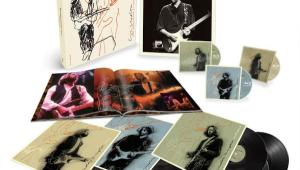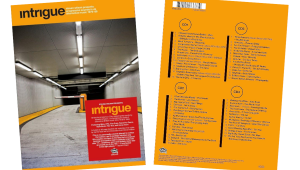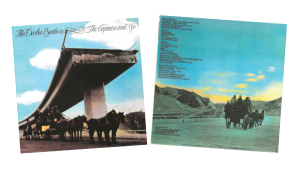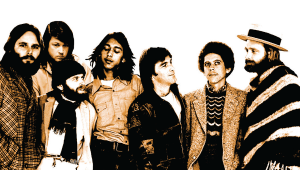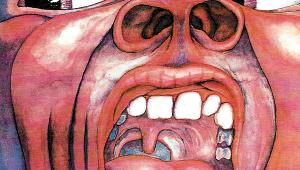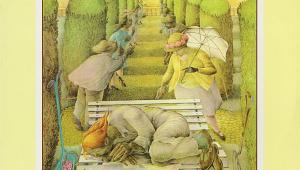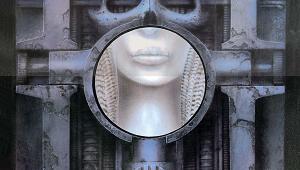CD Review: Rush
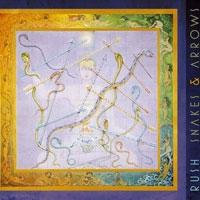
| Snakes & Arrows Anthem/Atlantic Music •••• Sound ••••½ |
For 33 years, the power trio from Toronto has soldiered on with the same lineup and followed its own muse - musical trends and fan expectations be damned. They've never made the cover of Rolling Stone - let alone been the focus of a truly substantive feature article in the magazine - despite having sold over 35 million albums worldwide and continuing as a top-tier touring outfit. And they're not yet in the Rock and Roll Hall of Fame, despite their perpetual influence on numerous bands flush with varying degrees of critical and commercial success (Red Hot Chili Peppers, Smashing Pumpkins, Primus, Coheed and Cambria, Mastodon, Porcupine Tree, Dream Theater, etc., etc.).
While 2002's relentless Vapor Trails was focused on drummer/lyricist Neil Peart's personal pain and recovery, Snakes & Arrows (their 18th full-length studio effort) trains its eye on spirituality and religion. Peart asks the hard questions ("Why such different fortunes and fates? / . . . Such a lot of pain on this earth"), but he only finds a stark reality: "It's like we're back in the Dark Ages." So is there a grand solution? It doesn't seem to be rooted in retaliation or forgiveness, but rather perseverance in the here and now: "In the whole wide world, there's no magic place / So you might as well rise, put on your bravest face." Victory, it appears, comes with unwavering resolve.
Opening track "Far Cry" carries the Vapor Trails torch from the get-go. Peart's pounding beats are buttressed by bassist Geddy Lee's low-end thump and guitarist Alex Lifeson's patented chordal strumming in a brisk 13-second sequence, culminating in a moment that recalls the denouement of A Farewell to Kings' "Cygnus X-1" (1977) - but only for a flash before overdriving back into 21st Century Rush mode. It's meant as a clear bridge between the past and the present.
Gears shift with the next four tracks, laying the bedrock for Peart's tract. The tempo pulls back on "Armor and Sword" with an Eastern texture massaging the intro. Instrumentation falls away as Lifeson switches to acoustic guitar when Lee sings the opening lines - a process repeated at various points throughout the song (and the album, for that matter; acoustic guitar takes quite a prominent role on Snakes). Lifeson's solo corkscrews from the right channel to the left and back, perhaps mirroring the key line it ultimately plays over: "No one gets to their heaven without a fight." (Key word there: their.) Lifeson again works the acoustic and pulls out a mandolin on the next track, "Workin' Them Angels," though the overall tone is decidedly electric.
- Log in or register to post comments
